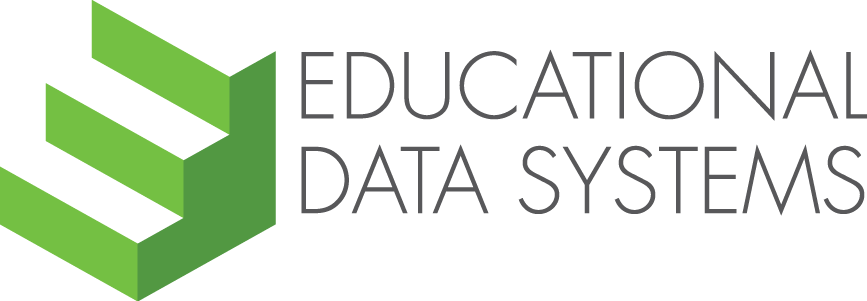Geographic information system data is priceless when redrawing school boundaries, and the benefits continue to add up even after the new lines are drawn
At Muskogee Public Schools, we recently had to redraw our school attendance boundaries. Using geographic information system (GIS) software gave us a wealth of data to inform our decisions; but after the dust settled, we began to put our geographic information to work in a number of other useful ways. Here are the four we’re most excited about.
1. Reviewing equity by tying student performance data to GIS data
Since each student has a unique student ID, we’re able to tie their performance data with geography-based data from our GIS software, ONPASS® Pro. We have our district and school boundaries and geocoded student data all in one place on a map. If a school is underperforming, we can go back and look at student factors we may not have considered before, such as whether the struggling students are transfers (and if so, where they’re coming from) or if they live in a part of the district where they’re spending an inordinate amount of time on the bus each day.
Related content: How we used GIS data and projects to connect with our community
This gives us another layer to look at when examining the makeup of the student body in a building. It’s added a whole new realm of data for us to uncover trends and then pinpoint specific issues and come up with a plan to address them.


